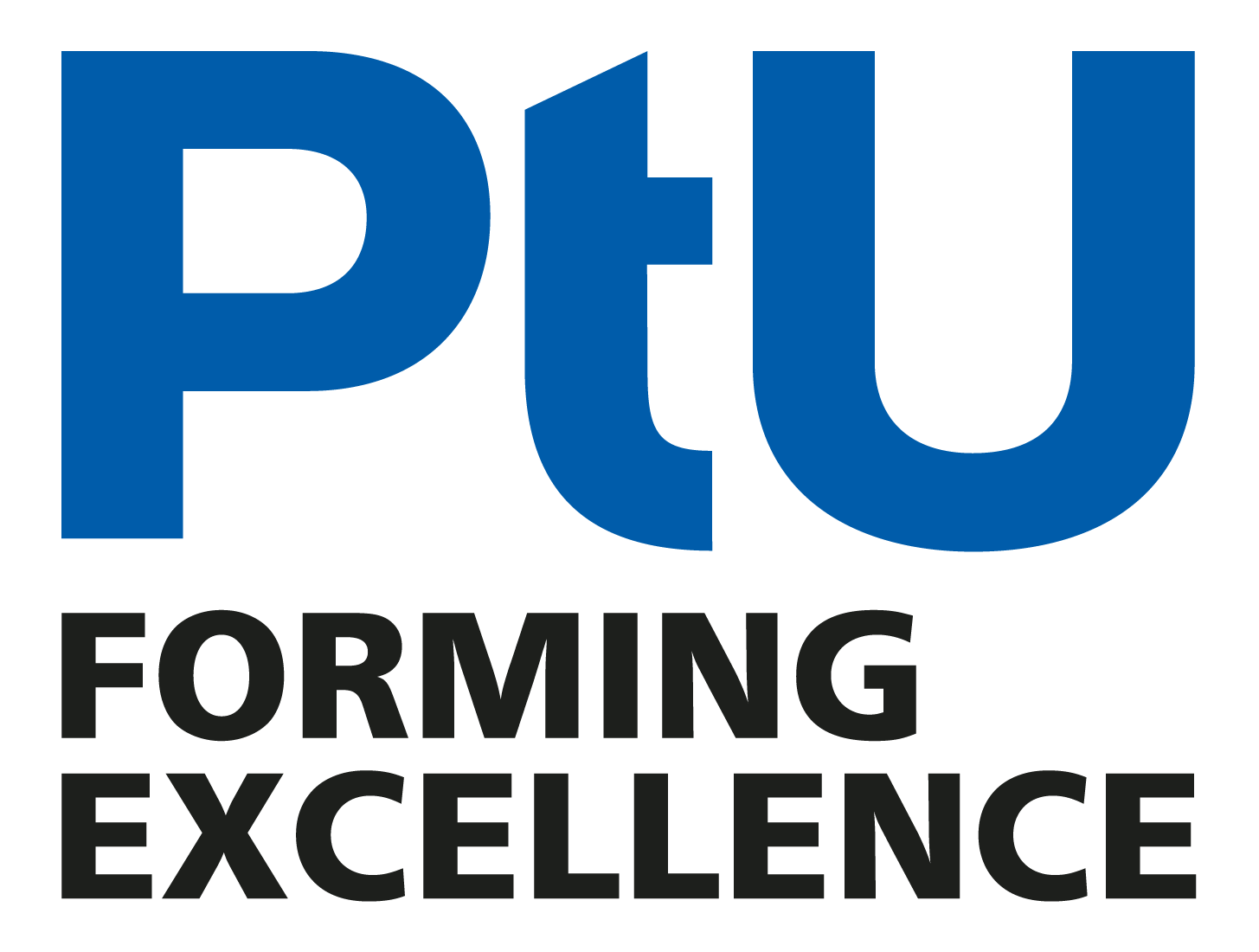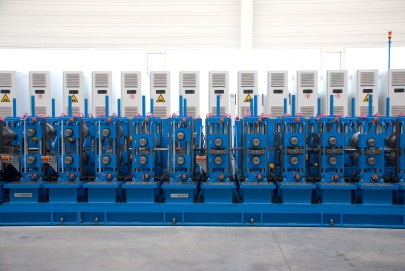In the successive semesters, the basic knowledge gained in the bachelor's program can be extended in the selective courses Forming Technologies I + II and Forming Machines I + II. The focus in these lectures is set on the basics of plastomechanics and tribology, forming technologies and the necessary machines, manufacturing and handling facilities.
The range of lectures is complemented by the courses Process Chains in the Automotive Industry I + II and Machine Design I + II. Both courses are held by industrial guest lecturers who are able to provide a deeper insight into the industrial practice as well as into the production-oriented design.
Metal Forming I + II are lectures belonging to the main studies of mechanical engineering and industrial engineering. The lectures cover fundamentals of metallurgy and plastic deformation of metals as well as a wide range of forming technologies and forming machines.
This lecture is intended for students in the Master's Degree in Mechanical Engineering with an interest in the design and dimensioning of components and groups
Lecture content:
- Deepening of existing design principles
- Methods for the preliminary design of machine elements
- Design and dimensioning of individual parts and assemblies in practice sessions
The lecture is intended to teach students of the master's program the basic concepts and methods of quality management established in the manufacturing industry. In addition, the basics of industrial metrology and current developments in the field of data acquisition and processing will be taught. Finally, an outlook on new possibilities of (preventive) quality assurance including process data will be given.
The aim of the lecture Machine Tools and Robots is to demonstrate the students the application and use of machine tools and to enable them differentiate between them in terms of their characteristics and design. Therefore the essential components and assemblies of machine tools are described and discussed. Additionally the technical and physical functioning of the relevant elements is shown in more detail. Furthermore the selection, design and evaluation of mechanical components is discussed, to be able to design or derive suited machine tools according to the manufacturing process.






